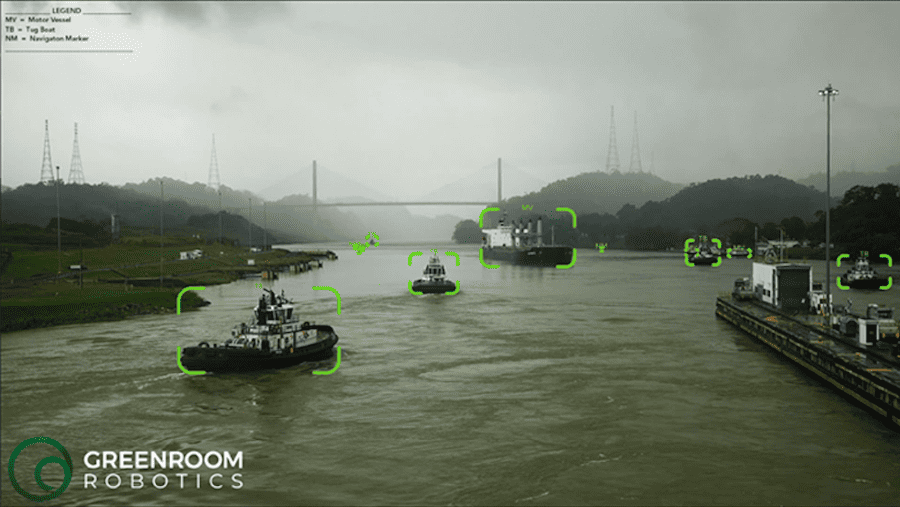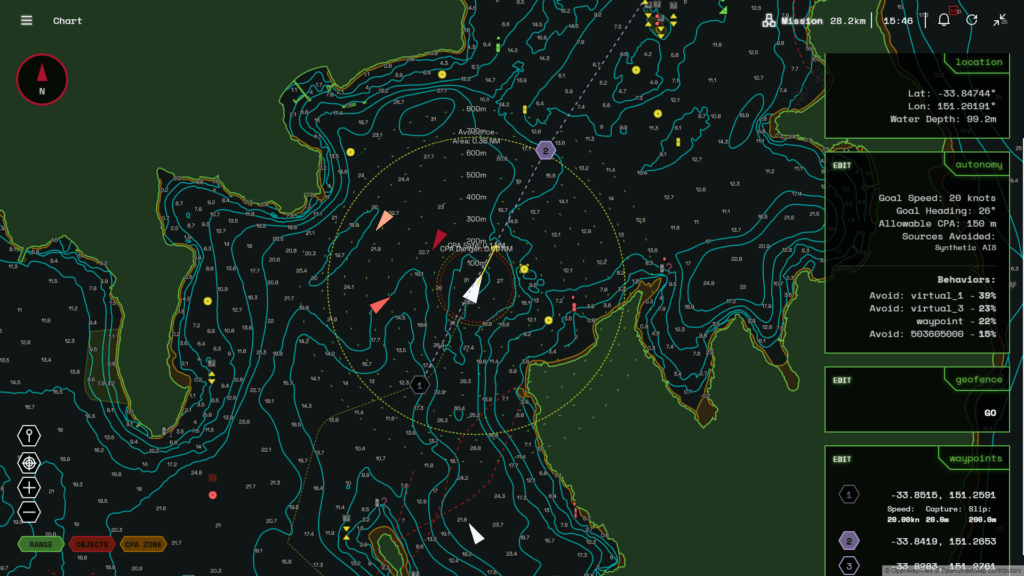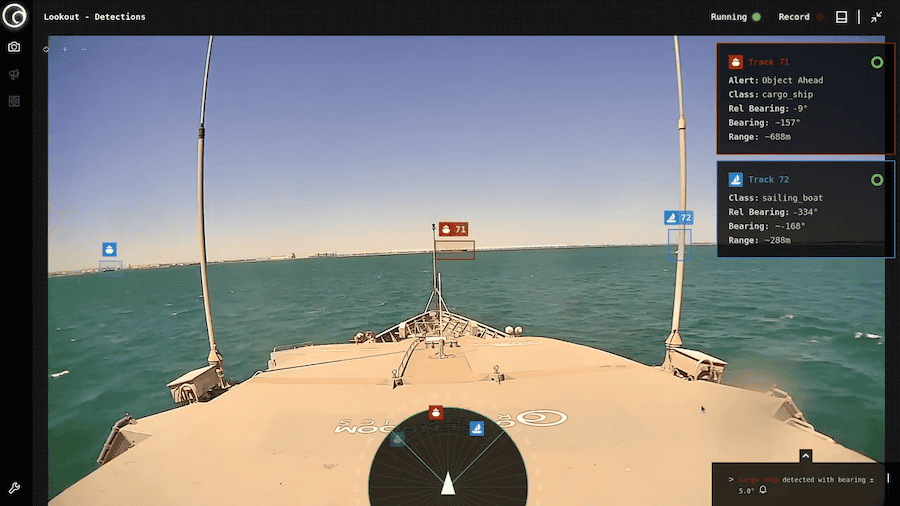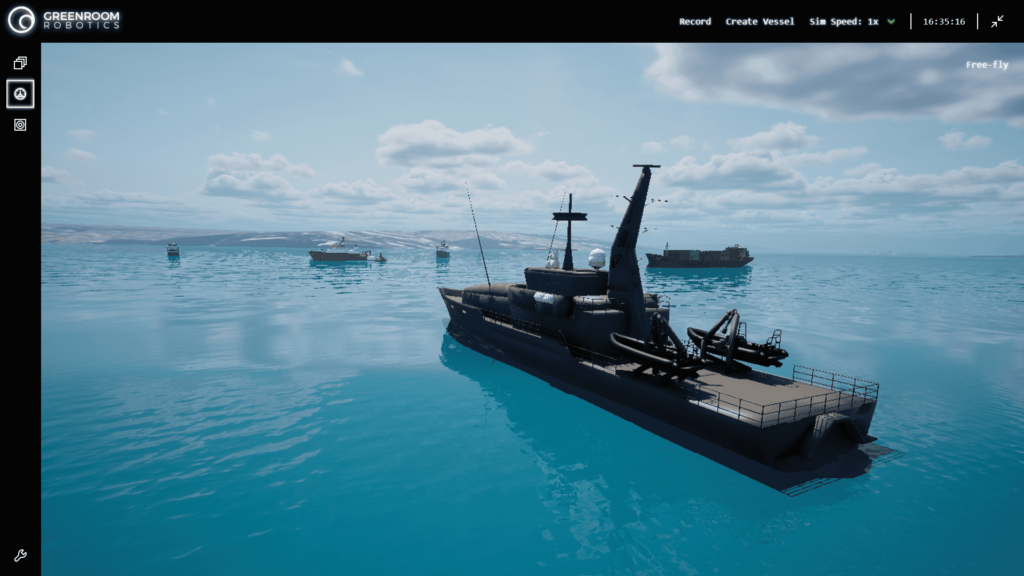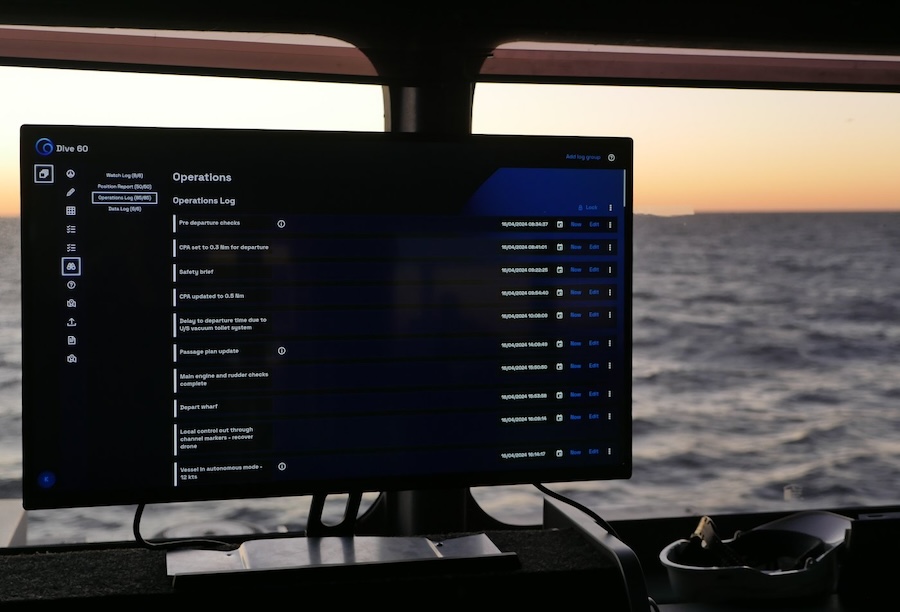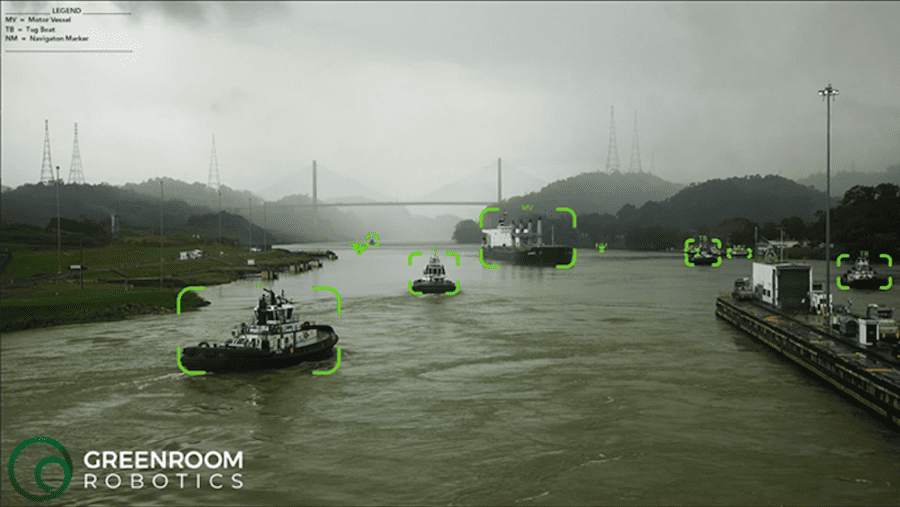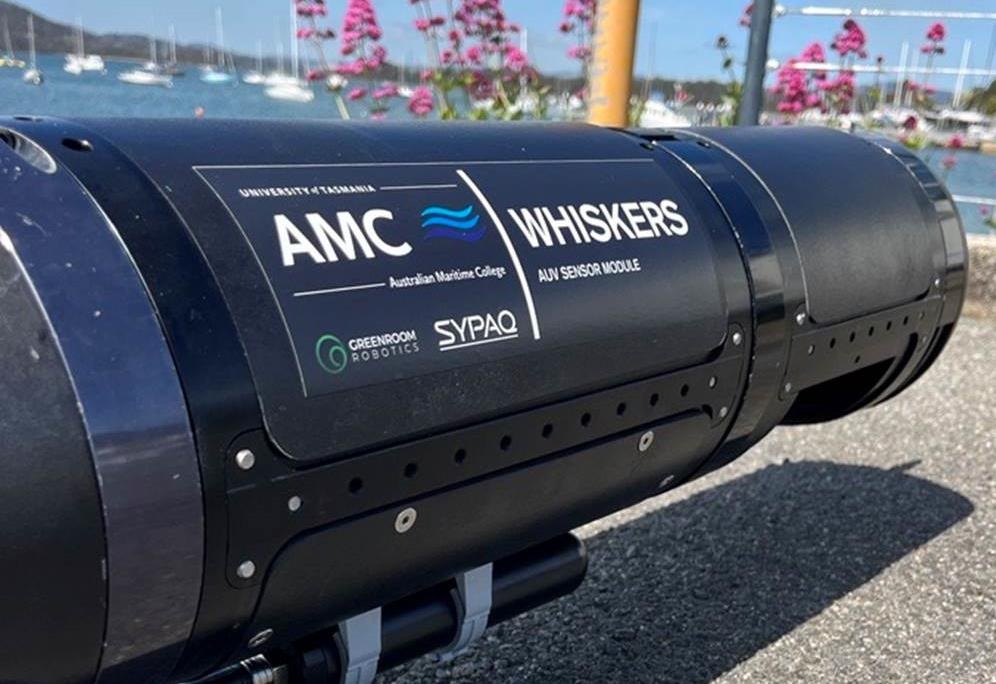Marine mammal detection has typically depended on human observers, a method that is both labor-intensive and susceptible to human error.
Modern approaches use sophisticated camera systems, demanding substantial investments and vessel modifications, often proving to be cost-prohibitive and operationally inefficient.
Lookout+ presents a contemporary alternative with its hardware-agnostic optical radar system, designed to work with existing vessel cameras. This approach removes the necessity for costly hardware upgrades, offering a more economical and time-efficient solution.
Lookout+ utilizes AI-powered perception, which continually improves through updated machine learning models to provide reliable, 24/7 surveillance. It can be deployed on edge computing platforms or operated from the cloud, offering an intuitive web-based user interface accessible from any device, ensuring flexibility to meet various vessel needs.
Traditional camera systems often require extensive downtime due to complicated installation, interrupting operations. In contrast, Lookout+ necessitates minimal calibration time, allowing existing cameras to remain functional during the brief integration process. During this process, Lookout+’s machine learning algorithm quickly adapts to the camera, ensuring a seamless and efficient setup.
By adopting Lookout+, vessel operators and maritime organizations can improve operational safety and efficiency while promoting marine life conservation. The system’s capability to detect and classify hazards and marine life significantly reduces the risk of vessel strikes, protecting whales and vessels from avoidable damage.
The Importance of Marine Mammal Detection
Marine mammal presence in operational areas poses significant challenges to maritime operations, with vessel strikes being a major concern for various large whale species.
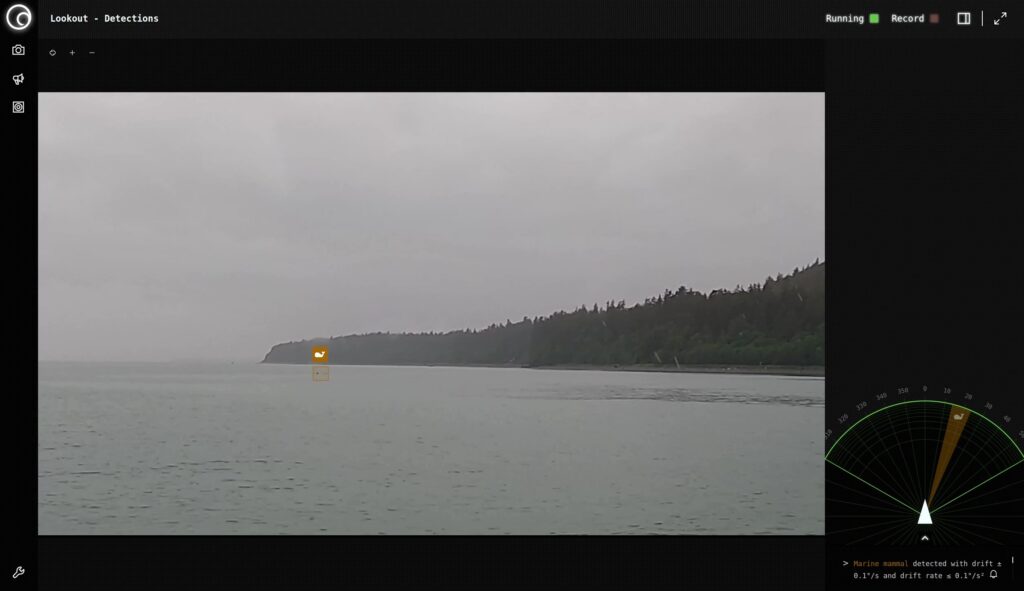
From 1970 to October 2016, nearly half of all documented North Atlantic right whale deaths were due to human-related causes, primarily vessel strikes and fishing gear entanglements. Despite mitigation measures, vessel strikes remain a significant threat.
Collisions and disturbances from vessel operations can cause serious injuries or death to marine mammals, disrupt migration patterns, and interfere with communication and feeding habits.
These incidents have significant repercussions for vessels, including unexpected delays, increased maintenance costs, potential legal actions and fines for environmental regulation non-compliance, and negative impacts on reputation.
This underscores a need for smart, effective detection systems for real-time monitoring and early warnings, ensuring marine life safety and smooth maritime operations.



